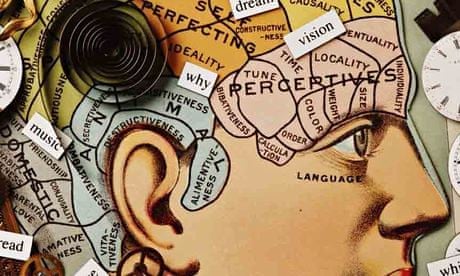Two or three centuries ago, most of the common people of Europe believed in God, while a small bunch of intellectuals were convinced this was a delusion. For some of these scholars, however, it was a delusion of a mightily convenient kind. Religious faith played a key role in maintaining social order, and so was not to be brutally exposed as bogus. The truth can be wantonly destructive, and not everyone is tough-minded enough to take it. Voltaire was famously anxious about the effects of his own religious scepticism on his domestic servants. Plenty of Victorian agnostics clambered into a pew in the belief that behaving as though there was a God would keep society on the rails. As Friedrich Nietzsche was among the first to recognise, an increasingly secular civilisation had killed God off; but it had disowned its act of deicide and pretended he was still alive.
Men and women aren’t
sole authors of themselves, but neither are they slaves, as some theorists
argue, to neural firings and inherited genes
